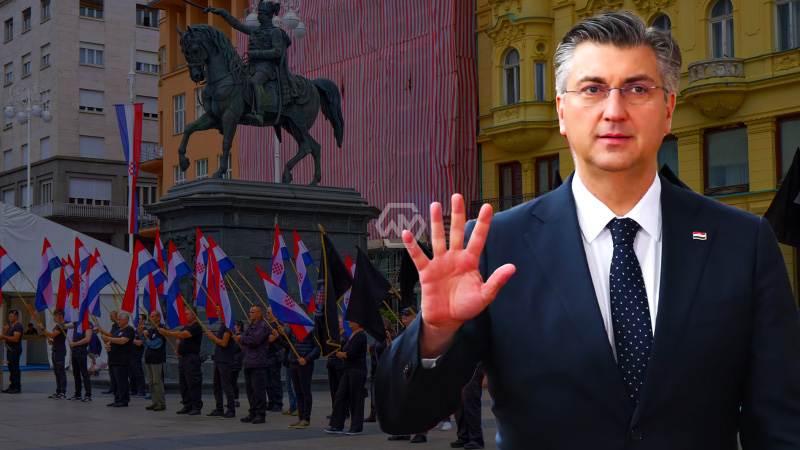- Wednesday is the scheduled day of Croatia’s parliamentary election.
- As Europe struggles with the turmoil caused by Russia’s invasion of Ukraine, the contest for Croatia’s 151-seat parliament is vital.
- Milanovic started his SDP campaign after calling for the election and announcing his unexpected aspiration for PM.
Wednesday is the scheduled day of Croatia’s parliamentary election, which comes after tense discussions between the nation’s two highest-ranking authorities.
The informal coalition of left- and centrist-leaning parties is headed by populist President Zoran Milanovic and his Social Democratic Party (SDP), while the government conservative Croatian Democratic Union (HDZ), led by current Prime Minister Andrej Plenkovic, is up against them.
Croatia’s election
As Europe struggles with the turmoil caused by Russia’s invasion of Ukraine, the contest for Croatia’s 151-seat parliament is vital. Relative political stability would be preserved if the HDZ holds onto power, and pro-Western policies such as aiding Ukraine in its conflict with Russia would be pursued. If SDP does well, it may be able to win both the December presidential election and the June elections for the European Parliament.
Following Croatia’s 1991 independence from the former Yugoslavia, the HDZ has mainly maintained its position of authority. Milanovic started his SDP campaign after calling for the election and announcing his unexpected aspiration for prime minister.
Judges of Croatia’s constitutional court intervened, declaring the action to be unlawful. Milanovic declined, publicly disobeying the Supreme Court and carrying on with his left-wing alliance advocacy. Citing both recent and historical crimes, he charged Plenkovic and the HDZ with widespread corruption and “massive theft” of public monies.
The election has transpired as the last chapter in Plenkovic and Milanovic’s long-running conflict. According to polls, Milanovic is still the most well-liked politician. He is regarded as having more direct and honest communication than Plenkovic, who is more reserved.
Throughout the conflict in Ukraine, he has frequently expressed support for Russia, objecting to the arming of Ukraine and the training of Ukrainian soldiers in Croatia. The majority of pre-election surveys indicate that the HDZ will win handily, but not enough seats to govern on its own. The HDZ and SDP’s ascent to power may depend on smaller parties on the right and left.



